Start with AHJ Engagement
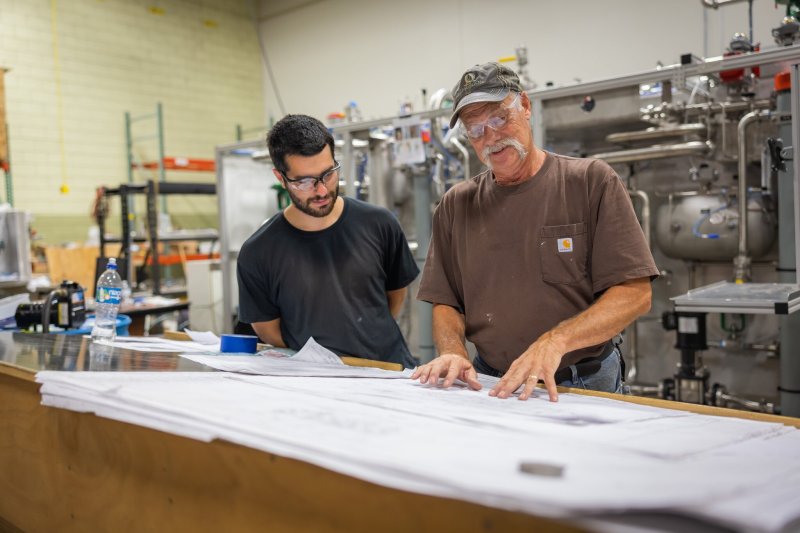
For startups working in specialty chemicals, advanced materials, or energy storage, the transition from lab to pilot plant presents many challenges. Among the most underestimated is regulatory compliance. At Re:Build Optimation, we have seen how early engagement with the Authority Having Jurisdiction (AHJ) often determines whether a project progresses smoothly or faces costly delays. This blog draws on real-world engineering experience and outlines a practical approach to the occupancy permitting process. Startups that take a proactive approach not only avoid rework and reclassification issues, but also gain credibility with regulators, community stakeholders, and potential investors.
Process Scale-Up Prioritizes Reliability, Not Perfection
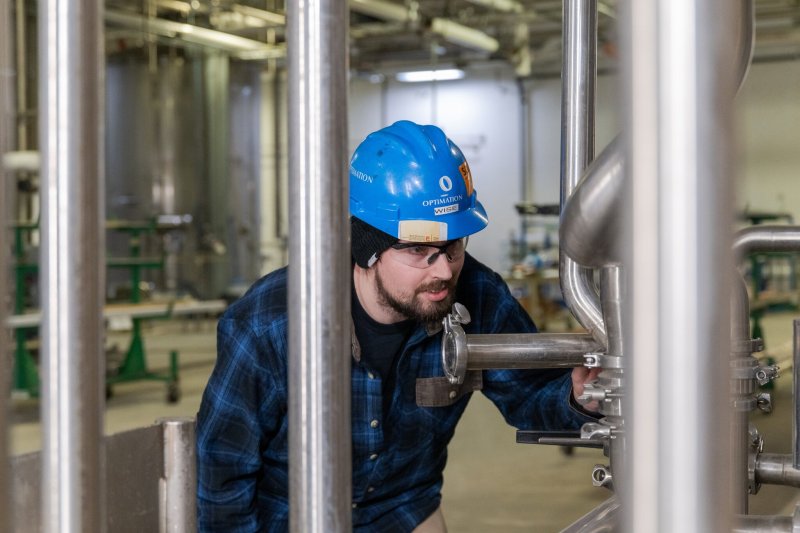
When chemical manufacturers begin planning a process scale-up, they often bring with them a mindset rooted in optimization. What is the most efficient reaction time? The ideal flow rate? The perfect temperature? These are valuable questions in the lab, where experimentation is safe and manageable. However, as you move from bench-scale experiments to commercial production, the focus must shift.
Why Safety Is a Smart Growth Strategy for Chemical Manufacturers
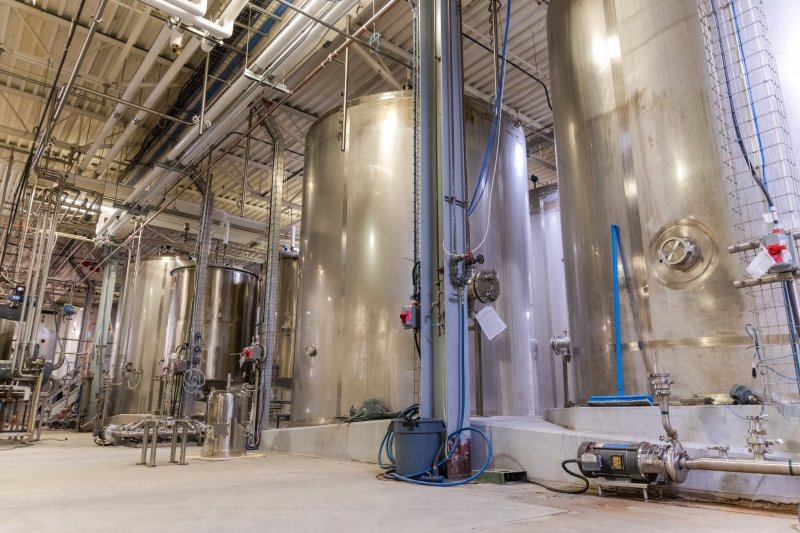
As specialty chemical manufacturers scale operations to meet rising demand, introduce new products, or expand into new markets, they often face a hidden challenge that can derail growth entirely: process safety. Scaling is not just about producing more. It introduces new materials, more complex systems, and greater operational risks. While increasing capacity is a business goal, managing safety is a business imperative. That is where Process Safety Management (PSM) becomes essential.
Why the Best Chemical Manufacturers Don’t Do It Alone
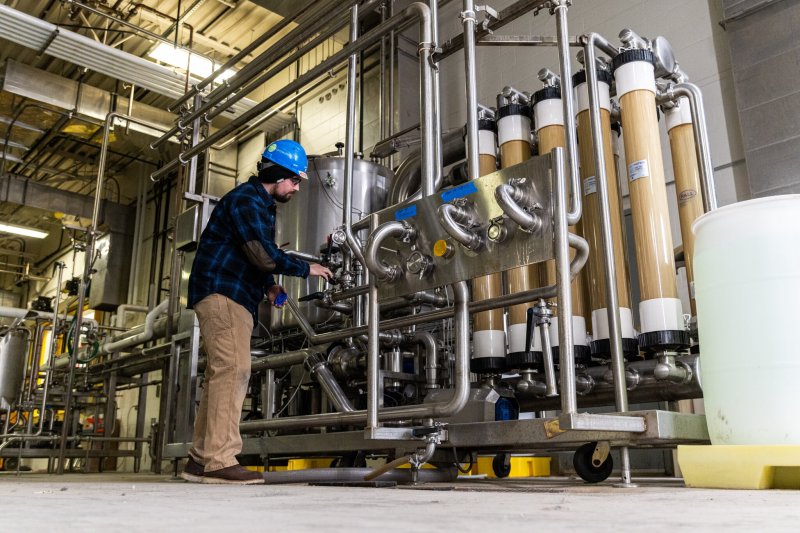
When faced with the choice of purchasing prebuilt, commercially available machinery versus opting for custom-built solutions, engineers must weigh their options carefully. Both paths have merits, but investing in customized machinery offers distinct advantages that can significantly enhance operational efficiency and drive business growth. As the manufacturing landscape evolves, the limitations of off-the-shelf solutions become increasingly apparent, making customized machinery not just a viable option, but often the optimal choice.
The Ultimate Chemical Manufacturing Scale-Up Checklist
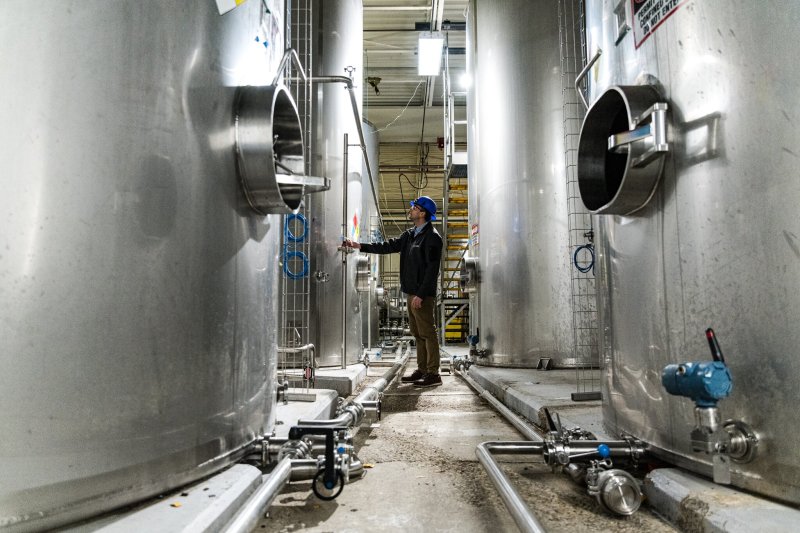
Successfully scaling up specialty chemical production requires careful planning, safety-first execution, and expert collaboration. This blog explores the top five challenges companies face when scaling specialty chemical production and provides solutions and a checklist to help manufacturers avoid costly mistakes.
The Strategic Payoff of Custom-Built Machinery

When faced with the choice of purchasing prebuilt, commercially available machinery versus opting for custom-built solutions, engineers must weigh their options carefully. Both paths have merits, but investing in customized machinery offers distinct advantages that can significantly enhance operational efficiency and drive business growth. As the manufacturing landscape evolves, the limitations of off-the-shelf solutions become increasingly apparent, making customized machinery not just a viable option, but often the optimal choice.
Advantages of Skid Systems

In today’s fast-paced manufacturing world, flexibility, efficiency, and scalability are essential — and skid-based systems deliver on all three. By applying modular design principles, these systems offer manufacturers a smarter way to scale operations, improve safety, and enhance process control without the long lead times and disruptions of traditional builds. In this blog, we explore the many advantages of skid-based systems, from real-world case studies to practical benefits like faster installation, easier expansion, and improved quality control. Whether you’re dealing with space constraints, planning for future growth, or looking to minimize production downtime, skid-based solutions may be the key to unlocking your facility’s full potential.
Systems Integration in Food & Beverage Manufacturing

In the fast-paced food and beverage manufacturing industry, seamless systems integration is essential for maintaining a competitive edge, ensuring compliance, and optimizing efficiency. Re:Build Optimation specializes in integrating advanced automation, data-driven decision-making, and sanitary design solutions to help manufacturers streamline processes and reduce downtime. This blog explores how our expertise in automation, process optimization, and regulatory compliance transforms food and beverage production, ensuring greater efficiency, improved safety, and enhanced sustainability. Read on to discover how Re:Build Optimation drives innovation in manufacturing.
Our Commitment to Lean: A 25% Reduction in Test Stand Lead Time

What happens when the Lean fundamentals drive engineering & manufacturing innovation? Re:Build Manufacturing emerges—a powerful force reshaping American industry with cutting-edge strategies and collaborative excellence. Founders Jeff Wilke and Miles Arnone, both MIT Leaders for Manufacturing alumni, are at the forefront of this transformation. Jeff, the architect behind Amazon Prime, led Amazon’s consumer business for 20 years, while Miles applied Lean principles as an Operating Partner in a private equity setting. Their expertise gave rise to our 16 Principles, with the 15th focused exclusively on Lean and continuous improvement. Discover how Re:Build Manufacturing is revolutionizing the manufacturing industry and advancing efficiency and innovation.
Smart Bullets, Precision, and Defense Manufacturing

In this blog, we cover a lot of industries, but a large vertical that we have yet to discuss is manufacturing for the Defense Sector. We’ve done some great work in this space and to shed some light on the subject we went and chatted with a resident expert. One of our machine design project managers and spare part fabrication managers for Re:Build Optimation with a scope of work and responsibility that focuses on manufacturing machine and equipment development, building, and maintenance were able to enlighten us more on this subject. This interview offers a fascinating glimpse into the intricate world of manufacturing high-precision equipment. The discussion revolved around Re:Build Optimation’s pivotal role in producing cutting-edge machinery for a wide range of applications, including the defense sector. One of the standout projects highlighted was building an assembly line for ‘Smart Bullets’ production. The team at Re:Build Optimation not only conceptualized but also constructed a state-of-the-art machine capable of churning out these specialized munitions with remarkable speed and near-perfect accuracy. The bullet had over 20 components, significantly more than one might expect from a traditional bullet.
